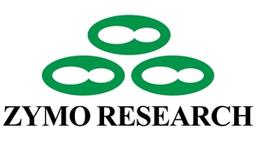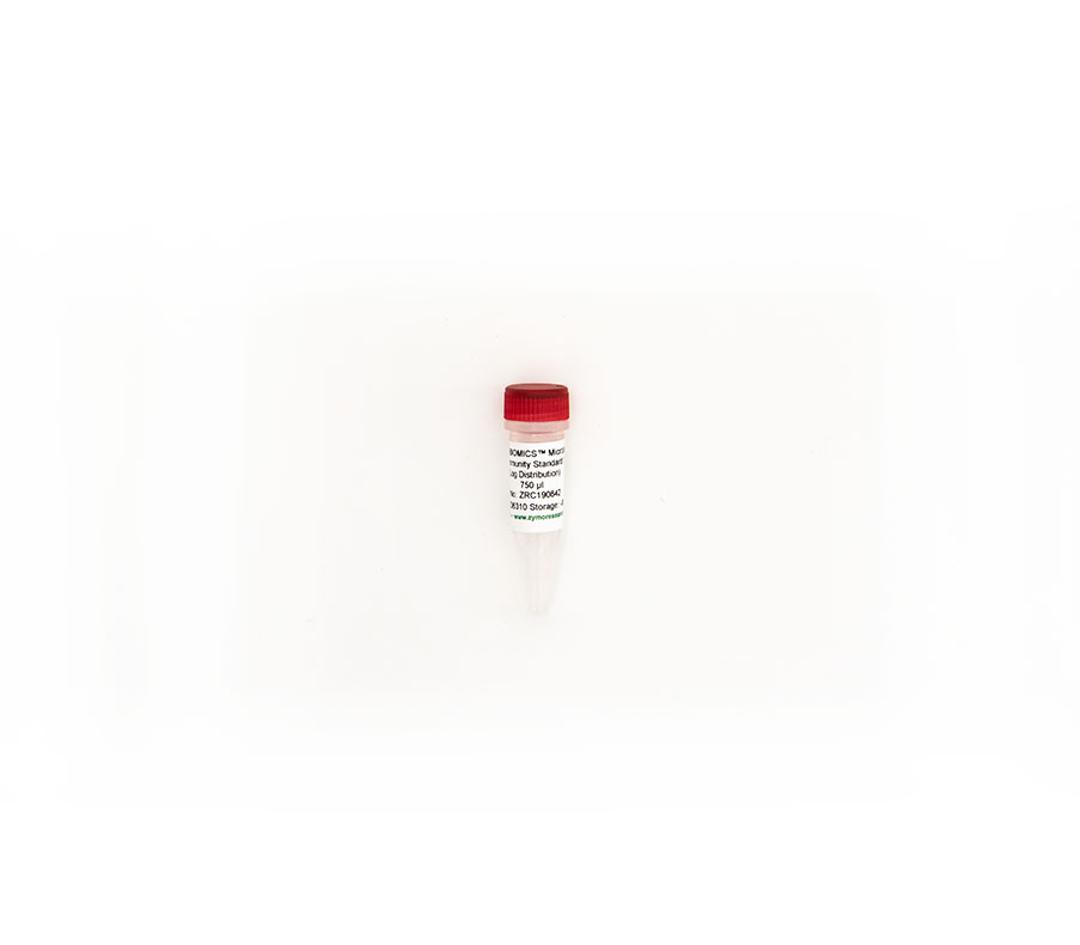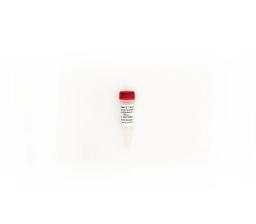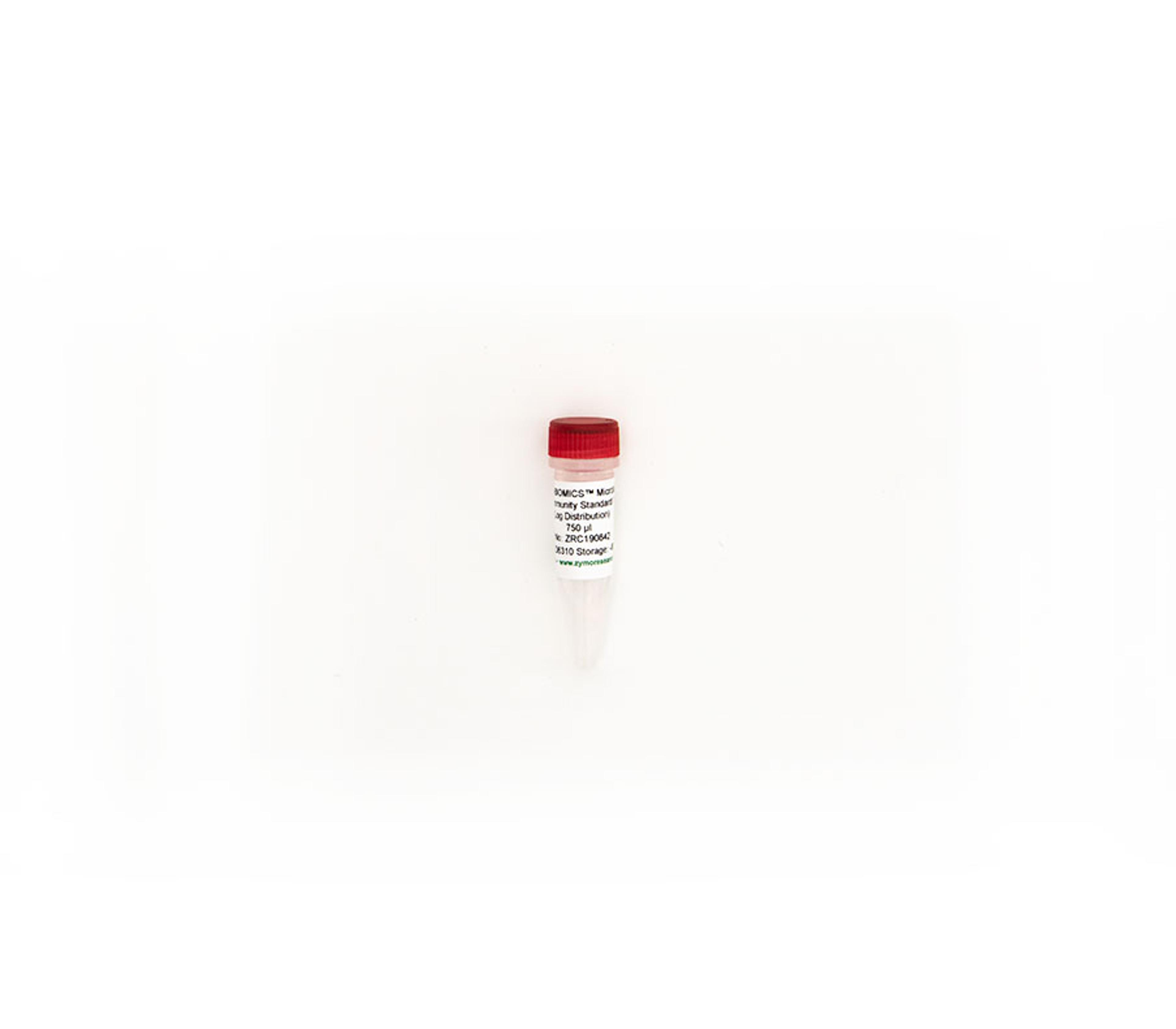ZymoBIOMICS™ Microbial Community Standard II
Microbial and DNA standard with a log distribution used to assess the performance of microbiomics workflows.

The supplier does not provide quotations for this product through SelectScience. You can search for similar products in our Product Directory.
Very informative and essential mock to include in every metagenomics study!
16S PCR positive control for clinical metagenomics application
Very informative mock. We used it several times, with different PCR primers, and managed to get reproducible results. We can evaluate the propensity of PCR to over/under amplify bacteria, and its ability to recover a heavily unbalanced community without shifting the proportions too much. We observed a slight difference towards the expected relative abundance, but this is exactly what needs to be checked before analyzing your own data. We are working with Staphylococcus aureus, and even if it's only present in 0.0001% we still managed to get the signal, meaning if we do have S.aureus in our samples, the PCR will be sensitive enough.
Review Date: 11 Dec 2019 | Zymo Research
It was an excellent product!
Environmental microbiology
It was so useful to evaluate my amplicon smaples. The usage was simple so I was able to use it very easily.
Review Date: 10 Jun 2019 | Zymo Research
Great results!
Use as a control in the preparation of 16S rRNA gene sequencing
I achieve high quality reproducible results. The composition appears to be consistent with each lot I have bought, which is very helpful in the preparation and quality control of making our libraries.
Review Date: 5 Jun 2019 | Zymo Research
ZymoBIOMICS Microbial Community Standard II (Log Distribution) is a mock microbial community consisting of eight bacterial and two fungal strains. This microbial standard can be used to assess the performance of microbiomics workflows and can also be used as a positive control for routine sequencing. Cells of the ten microbes were mixed in a log-distributed abundance, which allows the user to easily assess the detection limit of their microbiomics workflow. 75 µl of the standard contains about ~100 cells of the Staphylococcus aureus, the organism of lowest abundance. If needed, the standard can be spiked into a sample matrix (e.g. soil and blood) to mimic real samples of interest.



